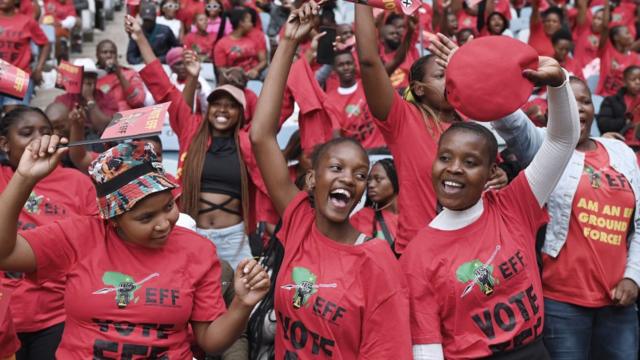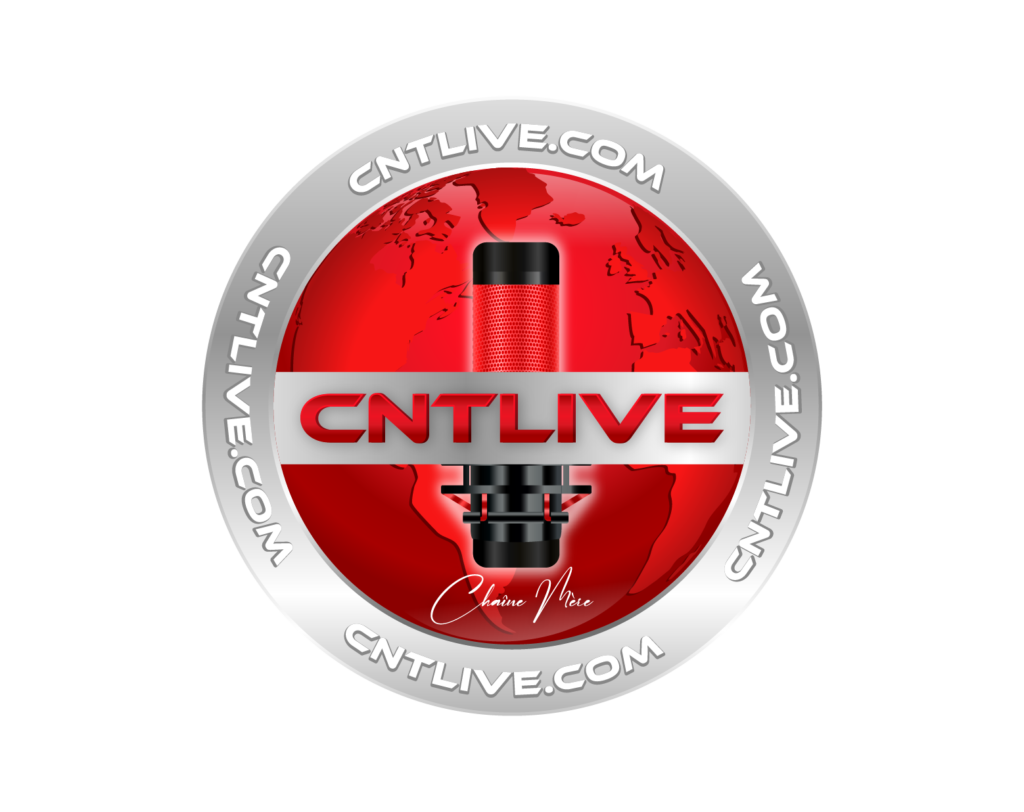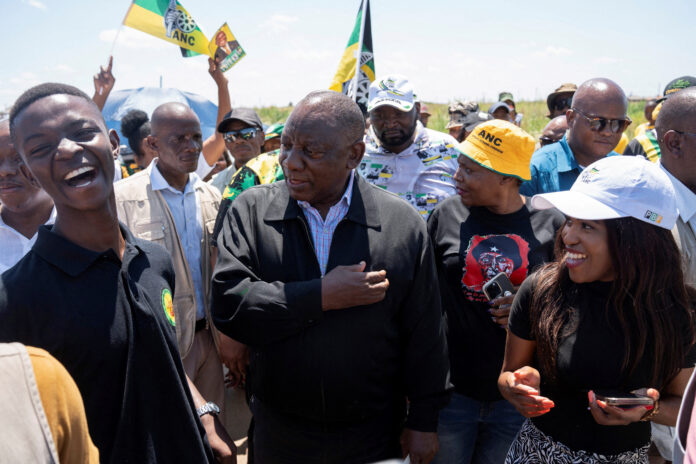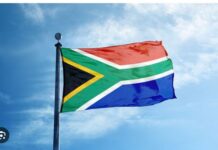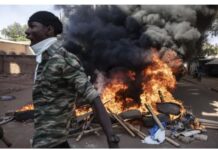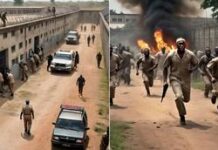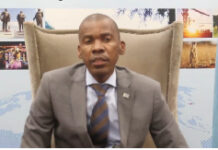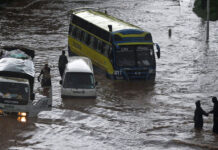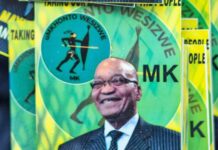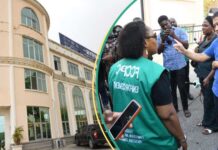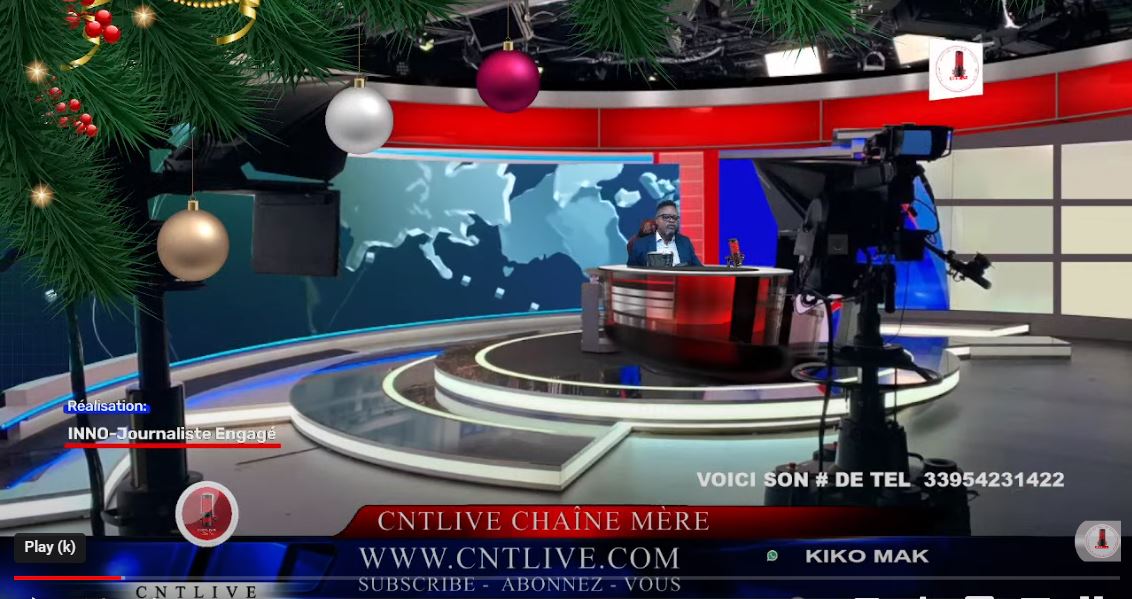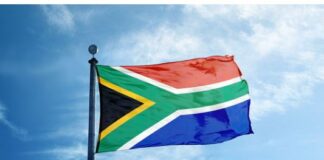
/
RSS Feed
“South Africa’s 2024 Election: Date, Stakes for the ANC, and Political Dynamics” As South Africa gears up for its upcoming general election scheduled for late May, the African National Congress (ANC) faces a pivotal moment, with polls indicating a potential dip below 50% of the vote for the first time in three decades. This looming possibility has ignited discussions about the likelihood of a coalition government, marking a potential shift in the country’s political landscape.
Scheduled for May 29th, the election will see nearly 28 million registered South African voters choosing representatives for both the national and provincial parliaments, marking the seventh democratic general election since the end of apartheid in 1994.
Criticism against the ANC, the historic anti-apartheid party once led by Nelson Mandela, has intensified in recent years. Issues such as persistently high unemployment rates, economic disparities, corruption allegations, and frequent power outages have eroded the party’s once-solid support base.
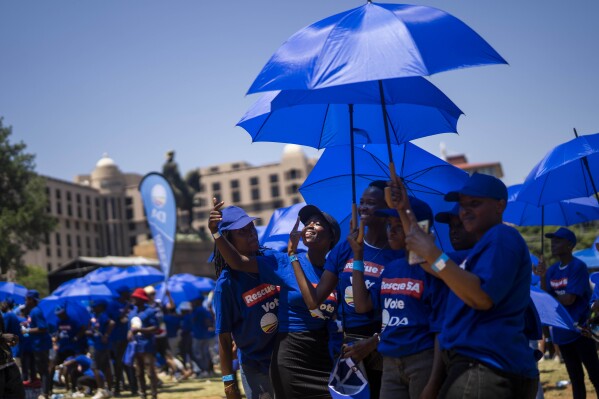
Under the leadership of President Cyril Ramaphosa, the ANC faces mounting pressure to address these challenges. Despite acknowledging the issues, the party emphasizes its commitment to rectifying them and urges voters to consider the progress made since the end of apartheid.
In contrast, the Democratic Alliance (DA), the primary opposition party, portrays South Africa as being in crisis and advocates for economic liberalization, including increased privatization. Promising to create millions of new jobs and tackle violent crime, the DA presents itself as an alternative to the ANC’s governance.
On the other hand, the Economic Freedom Fighters (EFF), the third-largest party in parliament, proposes radical economic reforms to address unemployment and inequality. Their agenda includes land redistribution, nationalization of key sectors, and leveraging the country’s resources for the benefit of the majority.
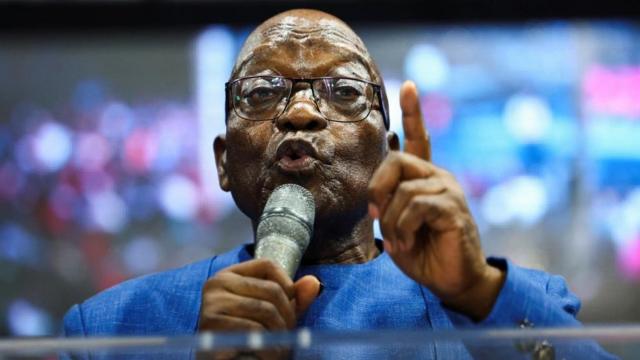
Adding complexity to the electoral landscape is the emergence of the uMkhonto we Sizwe (MK) party, backed by former President Jacob Zuma. This development injects further unpredictability into the race, particularly in Zuma’s stronghold of KwaZulu-Natal.
In this election, South Africans will not directly vote for a president. Instead, they will elect members of the National Assembly, who will subsequently choose the head of state. Party leaders, including Ramaphosa, DA’s John Steenhuisen, and EFF’s Julius Malema, will prominently feature in the campaign.
With the inclusion of independent candidates for the first time in 2024, voters will cast three votes, determining representation in both national and provincial parliaments.
